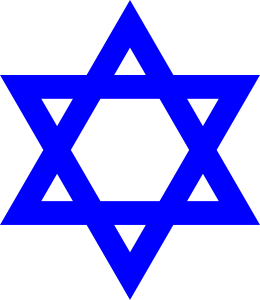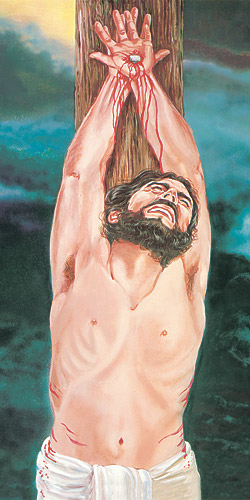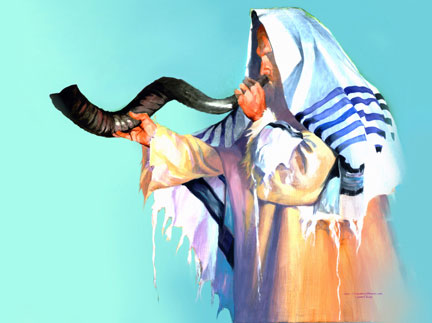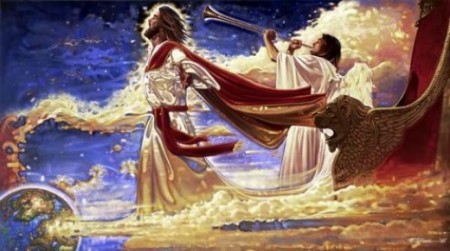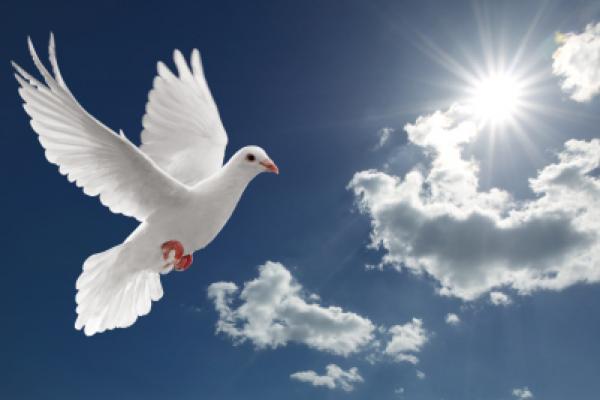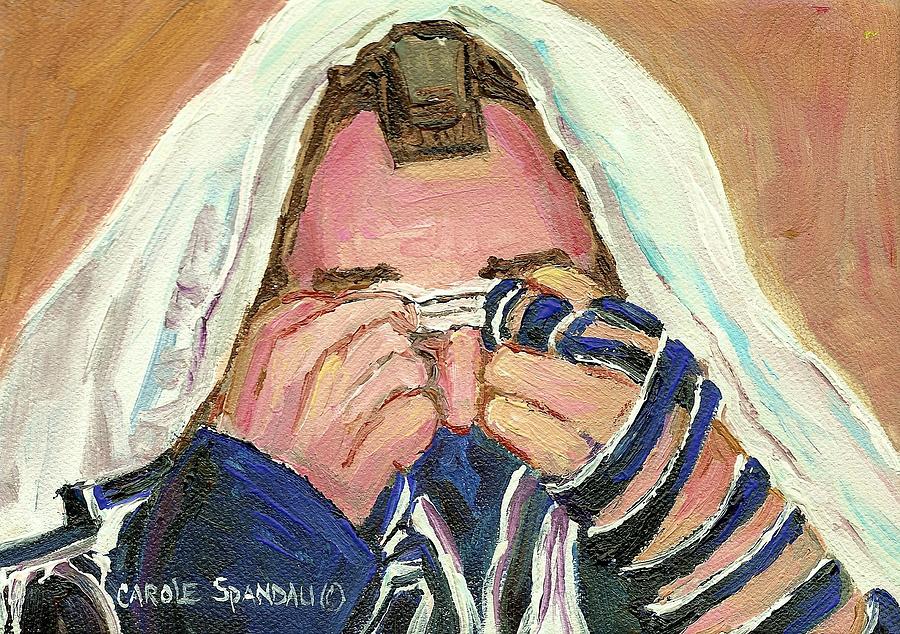Food for Thought
Fowls/Hateful Birds
Are by
nature birds that pick at anything. Some
are more ferocious than others.
These
birds will not show mercy to the weak and dying. They will pick till only
the
bones are left, completely naked of flesh.
These birds if left unchecked will
eventually
devour everything their craven appetite desire.
Scripturally,
these fowls and hateful birds are depicted as instruments of
uncleanness.
They are the ones who will eat up the good seeds that are sown, enemies
of Yahweh’s word. These are The birds of
Babylon”.
This is not the nature of the doves of Yahweh. Yahweh’s people must not exhibit the nature
of pickiness, not digesting uncleanness, not devouring the body of the
righteous, but instead displaying the gentleness of a dove-like spirit and the
majestic flight of the eagle, which showcases both the straight and the
humbleness of Yahweh.
Dirt and Sand
Gen. 2:7 Yahweh
formed man from the dust.
Gen.
22:17 I will multiply your seed like
the stars of Heaven and like the sand of the seashore.
The Spiritual Contrast
Yahweh formed man from the dust of the earth. Lowest
base: That which is to be trampled upon; not seen as clean, don’t seem to have
any value, not comely to the eyes; whatever it touches becomes defiled. This, I think was deliberate to humble man.
Although we know the true value of dirt, without it
no life would exist, no food, no minerals, the wealth of this world, the
medicines etc., but the point I want to make is this: That Yahweh in the promised
blessing to Abraham, by His prophetic spirit, referred to Abraham’s seed as
sand, signalling a transformation of our genetic makeup.
To facilitate purity, e.g. It forms the base of our
rivers, seas, and reservoirs. Without
sand, the water would be easily polluted by dirt and other impurities. It’s a filter. We see sand when sand is placed and tried by
the right temperature from the correct fire, it can be used to make eyeglasses,
aiding better vision, seeing things clearer.
It is also a building agent in construction. It is mixed in to become a binding or a
component of strength.
There are many more important uses of sand, but I see
this as a spiritual consecration of a people promised and sanctified to be as
we are stars of heaven, to be numbered as sand, but more importantly, shine and
build Yahweh’s Kingdom.
Spiritual Alignment
Isaiah
28:10 – For precept must be upon
precept, precept upon precept, line upon line, line upon line. Here a little
and there a little.
The mighty one of Israel, Yahweh of Host, is an
Elohim of order, of rules, of obedience.
He is not counseled, He is not subject to any private interpretations
or concepts. He commands, will not
force, but does not make void His words:
He shows patience, endurance, even forgiveness, but He will still bring
to being, whatever He says.
We must understand His ways are perfect, upright
without any degree of variances. His
ways cannot be fashioned or shaped to fis our level of comfort, simply because
they are designed and commanded to effect change, transformation.
No-one carries their car to an alignment stand for it
to remain in the same state. The problem
must be identified and rectified, so we have a safe journey in our travelling.
The thing about alignment is that, it’s not about
lining up, it’s more than that. Diagnosis is not solving the problem, replacing
the defective parts must be done in accordance with the model and year of the
vehicle. You see sometimes we experiment
and use parts which are similar but not really compatible, even though it may
seem and even perform for a while quite good, there is the possibility of
serious damage to our vehicle even the risk of an accident occurring. It’s true, many conversions have worked
beautifully, but there always remain a little doubt in its function and
durability.
Our souls are too precious for us to take things
lightly, even if at a glance they seem trivial, let us make certain that we are
in prefect alignment with Yahweh’s commands, with the same apprehension and
mindfulness you exhibit when one’s brakes are just fixed. Use that braking humility when you are
walking with Yahweh.
My sister said that by the Spirit of Yahweh that the
cup is half and half and half. If we add
two halves to a cup that is half full, our cup will runneth over? Does this mean if we have precept and line,
we must also incorporate here a little and there a little? Is this saying to us that we have here but
there is also something out there?
A perfect body carries two arms, one here on the
right and one there on the left. Their
purpose is to balance and help the body operate properly. No one handed attack is as effective as two. The enemy cannot cope with a unified
onslaught.
This unity is not on the assumption of outside
alliances, but even within the body, if what is coming from the pulpit is not
what is received in the pew. One set of
the body is hearing and the other is not.
Some alignment work is needed.
Not of flesh, but by the Spirit.
Let us be willing to be placed on the altar of
spiritual alignment, so we can be truly set-apart.

